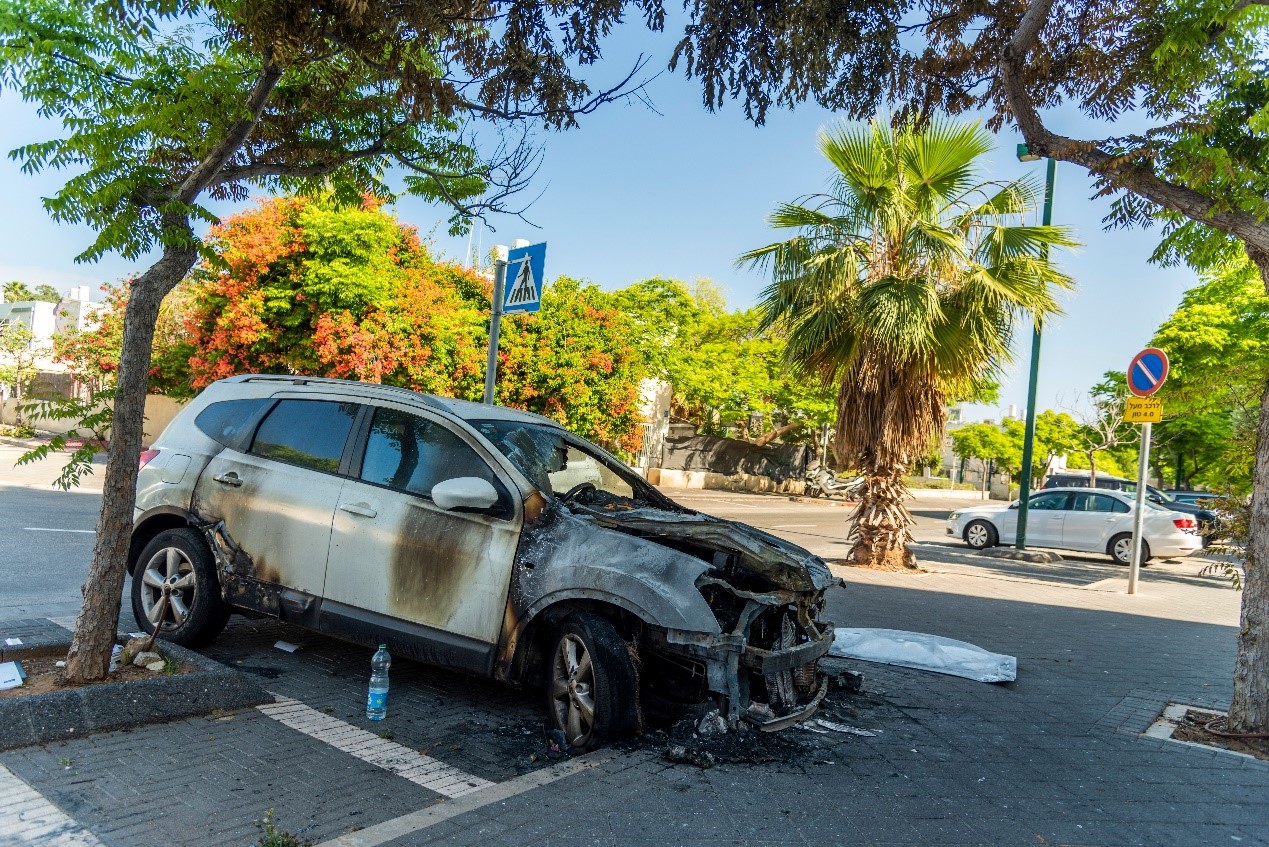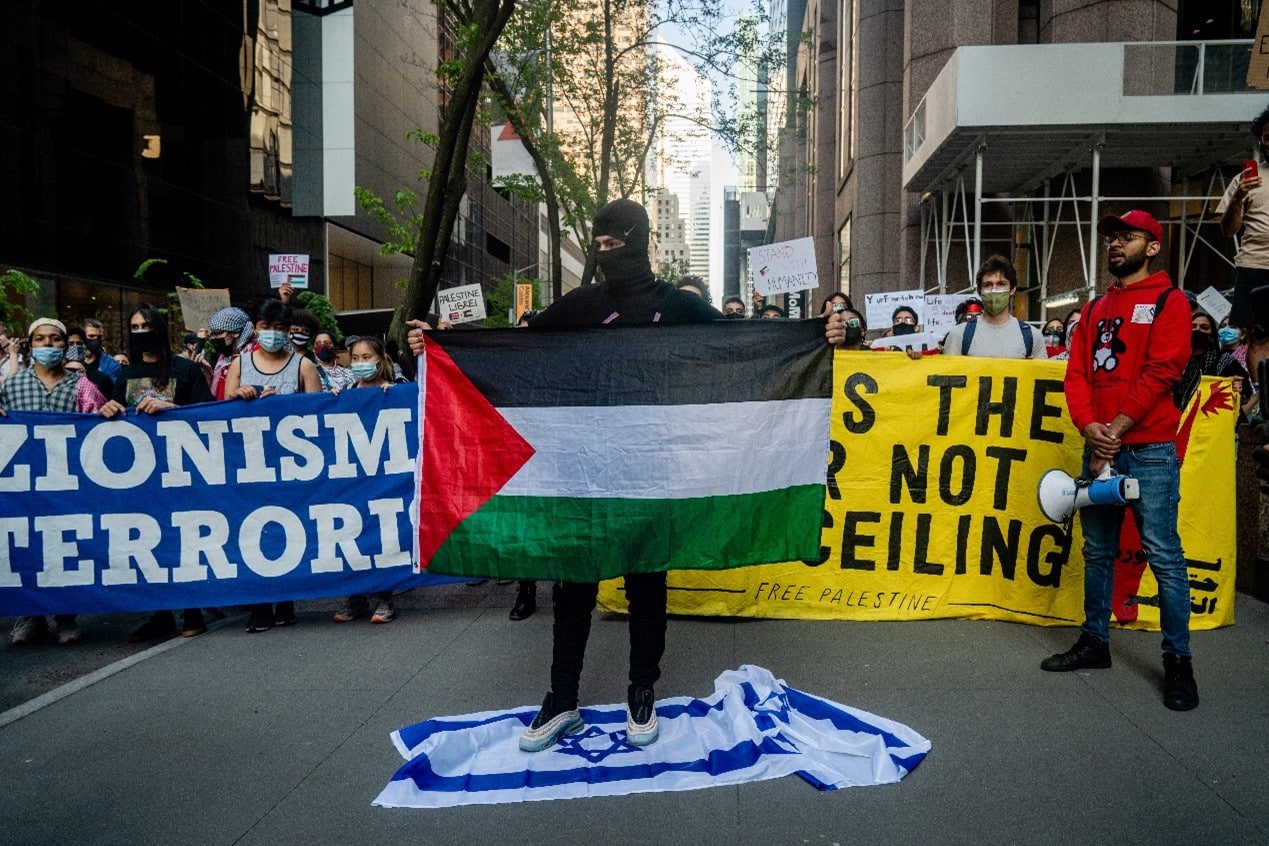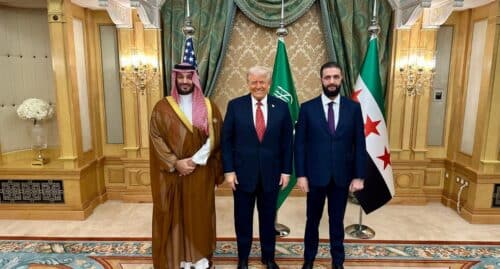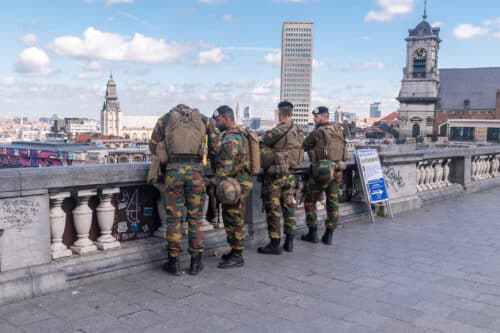As we all know, there are only 24 hours in any given day. What we choose to do during this time is critical for achieving our goals, and is one of the greatest challenges that every commander and leader faces. The Israel Defense and Security Forum (IDSF-Habithonistim) carries out research, holds meetings with policy makers, makes its voice heard loud and clear in the media, and promotes education, all of which are important. Being able to differentiate between what is important and what is urgent is critical to our success, and I spend a great deal of time streamlining this process.
Managing a movement is similar to managing a country. There are multiple issues for which decisions need to be made: Security, cost of living, public transportation, the separation of religion and state, etc. All of these are important, and we are constantly facing the need to decide which one is the most urgent. For that reason, the most recent IDSF survey focuses on the question, What does the Israeli public perceive as the most important tasks the new government is facing?
The most painful, and the most important: Governance and personal security
Our index shows, first and foremost, that the country’s security situation is the public’s greatest concern. Yes – even more than the high cost of living. When we delve deeper down into the details of which specific security concerns are important to Israelis, we see the unequivocal answer: Governance and personal security. For way of example, 61% of the Israeli public wants to increase governance in mixed cities and on major highways, and 58% supports combatting terrorist attacks that take place inside Israel.
The subject of governance and domestic security in Israel has been a low priority for far too long, and this has taken a heavy toll. The level of governance in the country is outrageously low. The Israeli public is well aware of this, and is demanding of decision makers: ‘Open your eyes! There is no equivalence between the actions you are taking and what is truly important.’
The Israeli public is intelligent. Governance and domestic security are indeed critical for maintaining Israel’s resilience. As we saw in May 2021, when the vector of domestic security made contact with the vector of war, the results can be disastrous. In this type of situation, personal security and national security cannot be examined as isolated factors.
The conclusion is clear: We must alter our country’s priorities, and domestic security must be given much higher priority than it has today. The IDSF-Habithonistim Movement is doing everything in its power to advocate for such a change, including the establishment of a National Guard.

First of all, Peace in the Middle East: Peace with Saudi Arabia as a strategic asset
Apart from governance and domestic security, our index shows that there has been a significant shift in a belief that for decades has been accepted as the consensus in Israel: In order to achieve peace in the Middle East, we must first make peace with the Palestinians. The Israeli public no longer considers this to be the consensus in any way or form. It understands that the entire foundation of this equation has shifted. The Abraham Accords, which were signed on the White House Lawn three years ago, serve as conclusive proof of this assertion.
This trend is also backed by the results of the movement’s latest research study. When you present the Israeli public with two alternatives – striving to reach a peace agreement with the Palestinians or striving to reach a peace agreement with other countries in the Middle East – the public unequivocally prefers one over the other: 55% of Israelis (and 66% of Israel’s Jewish population) view signing a peace agreement with other countries in the Middle East as more important than signing a peace agreement with the Palestinians. This shows that the Israeli public clearly backs the new government, which has indicated that one of Israel’s main goals is pursuing a peace agreement with Saudi Arabia.
Here, too, the public is absolutely correct. The signing of a peace agreement with Saudi Arabia would not be purely a historical accomplishment, but also a strategic feat. Saudi Arabia is the leading power among Sunni Muslim countries. If it were to become an ally of Israel, then reaching new peace agreements with other countries like Pakistan and Indonesia would suddenly enter the realm of possibility. Moreover, signing an agreement with Saudi Arabia would create a Sunni-Israeli front that could stand up against Iran, and serve as a call for the US and Europe to join this front, too. From an economic standpoint, an agreement with the Saudis would be a catalyst for regional growth, and lead to the lowering of energy prices and the opening up of new global trade networks.
We must not be taken once again by surprise. We must take action now
As is well known, I am interviewed regularly on TV news programs. The most common response I receive following these interviews is, ‘Finally our voice is being heard.’ The public thirsts for clear pro-Zionist statements that are based on common sense, as well as on our movement’s research and security-related experience. Nonetheless, sometimes there are issues that pass under the Israeli public’s radar, and are not expected to come up in public discourse. This situation can be extremely dangerous.
Throughout history, a large proportion of the most dramatic events that have shaped the face of humanity have come as a surprise. For example, when the Arab Spring broke out, it was a surprise to everyone, including Israel’s intelligence establishment. Had there really been no preliminary signs leading up to this event, which had serious ramifications for a significant portion of the globe? Of course, there had been, but no one was paying them much attention. In retrospect, it’s easy to say, ‘Where were we? Why didn’t we act in real time?’ It’s not, however, easy to identify such processes while they’re happening.
It’s human nature to focus on everyday, routine concerns, even though in reality, the currents that flow underground are what have the greatest impact on and shape key events. Of course, we should deal with issues that affect our daily lives, but it is no less critical to identify long-term trends and address them head on.
In this context, we must understand that dramatic events are taking place outside of Israel that affect millions of Jews religiously, spiritually and even existentially. Cultivating a relationship with members of Jewish communities in the diaspora, and encouraging them to make Aliyah, play an essential role in maintaining Israel’s security in important ways that the Israeli public is not aware of.
According to a survey carried out by IDSF-Habithonistim, Israelis ranks the need to protect Jews in the diaspora and take action against acts of antisemitism, as the least important tasks that the State of Israel needs to undertake. The Israeli public wisely prioritizes other issues that are more urgent, but perhaps we are underestimating the danger inherent in the rising rates of antisemitism seen throughout the world. In this sense, the IDSF survey reveals a danger that is passing under the radar.
We here at the IDSF are taking action in this realm, as well. Our mission is to remind policymakers of the importance of improving our state-sanctioned religious conversion program, strengthening our Zionist ethos, encouraging Aliyah, fighting against the delegitimization of Israel in the media, and combatting antisemitism on college campuses around the globe.
Let’s make sure not to be surprised ever again, and instead deal with these issues head-on.

Something good is happening behind all this background noise
I believe it is also appropriate to point out a number of positive voices that have arisen from this index. Against the background of irresponsible proclamations that are being declared from various platforms calling for civil unrest, it appears that it has become popular these days to claim that a schism has formed within Israeli society. And yet, if we take a look at the data coming out of our studies, we can see that underneath all of this background noise, a wide majority of Israelis are in agreement about a long list of issues concerning security inside of Israel, as well as from outside.
The IDSF listens carefully to the Israeli public in its entirety, and uses insights gleaned from its research studies to formulate goals and plan for future pursuits. My pledge, as chairman of IDSF-Habithonistim, is that I will use each 24 hour-day to make sure that the movement will continue to safeguard Israel’s security for generations to come, according to our clearly outlined hierarchy of priorities.






